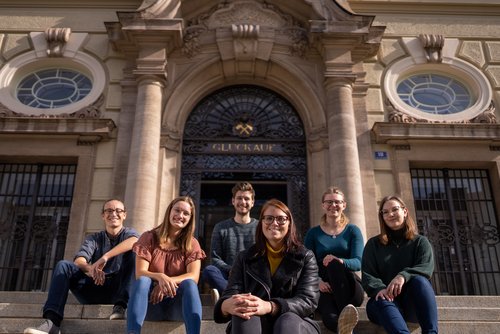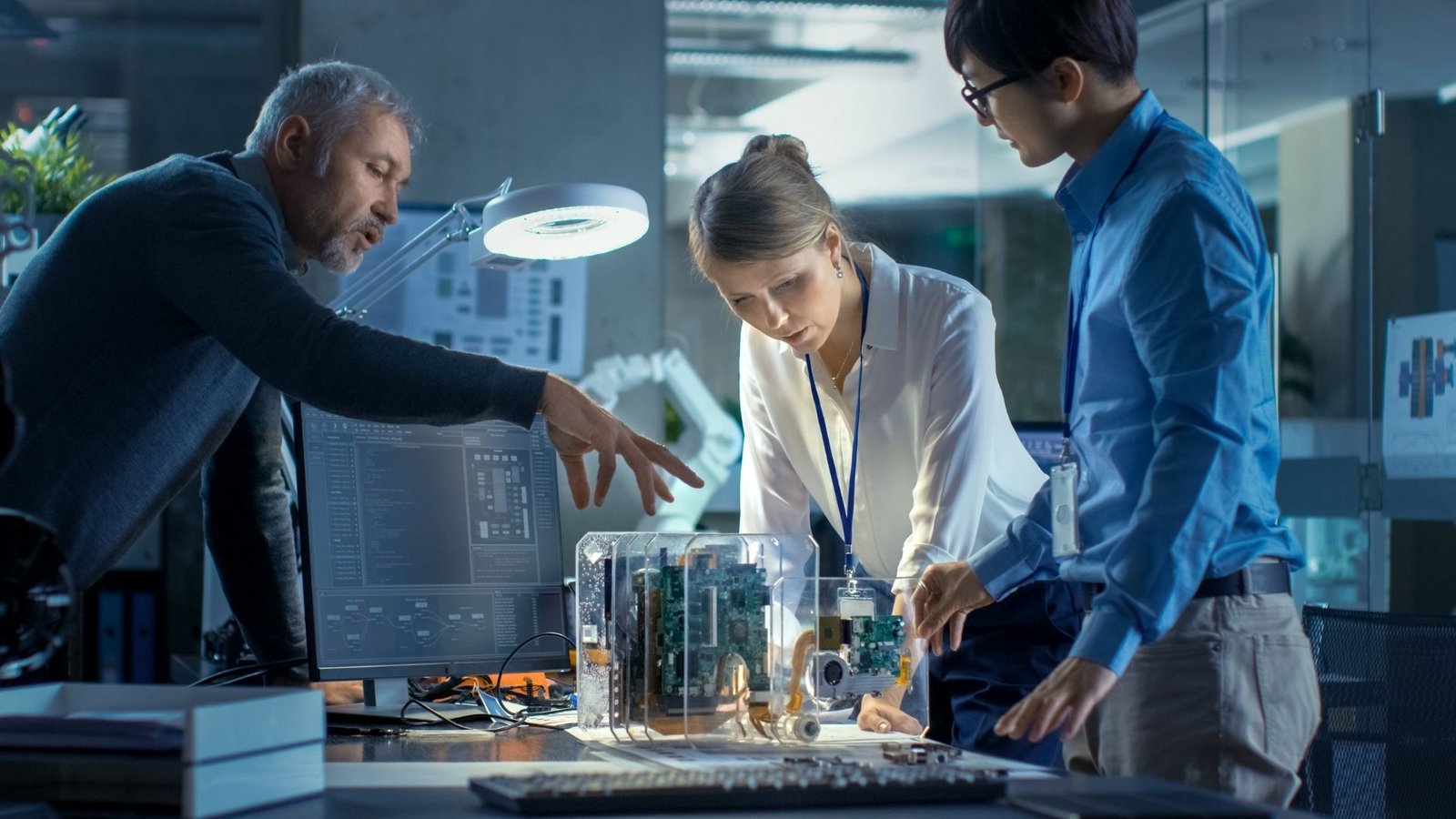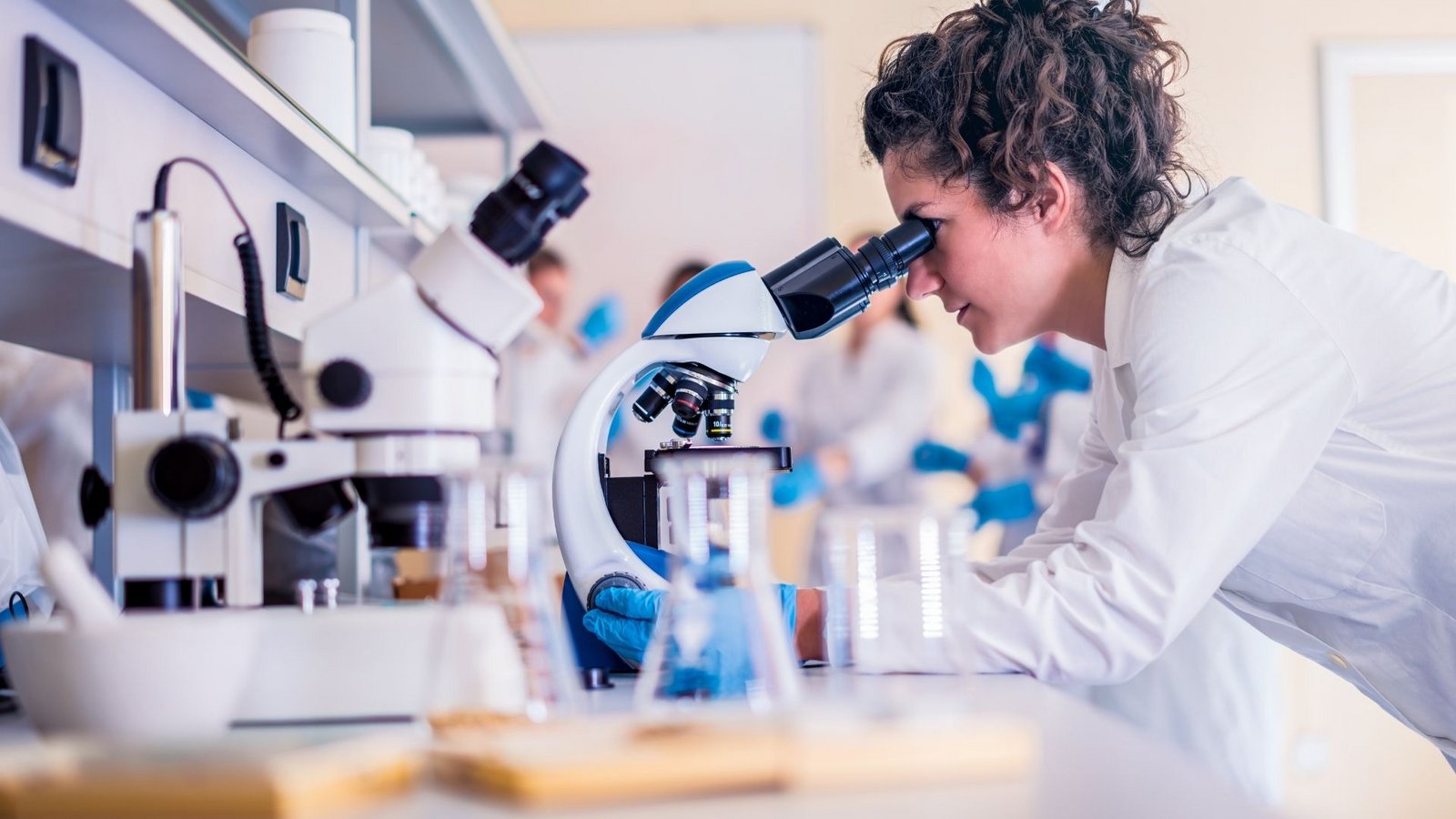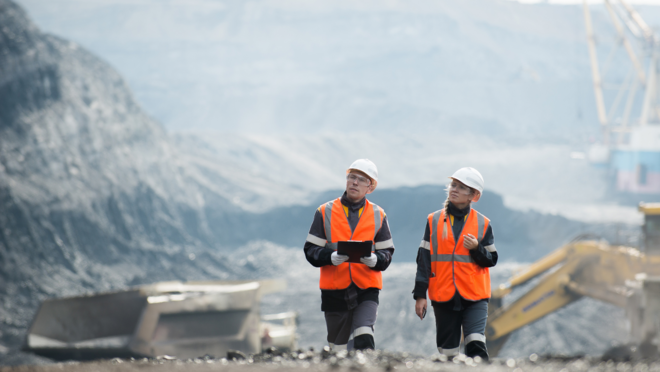
Since the foundation of our university, the competences have been continuously deepened and developed in order to actively bring them into current, socially relevant issues. This has led to a broadening of the spectrum with clear specialisation and positioning at the same time. Development is not standing still now, on the contrary, it is progressing at an ever-increasing speed.
The great social challenges of our time in the areas of resources, climate, energy and the environment demand the adaptation of social behaviour, but also the orientation of our university. Therefore, our scientists develop technical and scientific methods to solve today's challenges. In our teaching, we provide our students with the tools to deal with these environmental issues and prepare them for their future key role in improving our environment. In this way, we work actively every day to improve our future in a sustainable way.
The Montanuniversität Leoben stands for excellent science, outstanding education and absolute excellence in research and teaching. This is reflected in our three areas of competence for the future:
Sustainable Processes
Industrial production is currently undergoing the greatest change in its entire value-added cycle since the beginning of industrialisation. Linear process chains are to be replaced by closed cycles and the provision of energy is to be completely converted to renewable or low-CO2 energy sources. Our core competencies, which extend along the entire value-added cycle from raw material to finished product to recycling, enable us to address these technological challenges holistically. We consider it our central task to establish the principles of sustainability in this value chain and to develop state-of-the-art manufacturing and production processes that are energy-efficient, climate-neutral and circular in terms of material flow (sustainable processing).
- Cross-linking the production industry with collection systems within the waste-management and recycling industries and the execution and optimisation of the processes involved.
- Disassembly and re-use strategies, developing life-cycle analysis and defining bench marks for energy and material efficiency.
- Material-oriented mechanical engineering, use of additive manufacturing and smart predictive analytics
- Decarbonising the industry by using energy-efficient technologies
- Energetic process-optimisation of production locations by implying excess-strategies (e.g. heat)
- Climate protection, process engineering, utilisation of CO2 via Carbon Capture and Utilisation (CCU) as a measure of CO2-recovery.
- Hydrogen as the energy vector of the future and a reducing agent of metallurgy. Producing Hydrogen in and eco friendly manner.
- Defining biogenic materials as raw materials along with their usual utilisation as a material or energy-source
- Design to sustainability, on the product and process level.
Smart Materials
Materials have decisively shaped the social and economic development of mankind throughout the ages. Smart materials and material systems with new functionalities and improved performance while at the same time using as few resources as possible and having a low environmental impact during production, as well as good disintegration and recyclability at the end of their service life, are designated as key technologies by the EU.
In the competence area "Smart Materials", an in-depth understanding of the internal structure and associated properties of materials and material systems in the essential material classes (metals and their alloys, intermetallic materials, ceramic materials, polymer materials, semiconductor materials and materials of electronics, composite and multi-material materials) is gained. Scientific breakthroughs have been made in understanding structure-property relationships at all size scales and hierarchical levels, in integrating multiple functions into components, in miniaturising systems and in understanding the physicochemical behaviour of interfaces and surfaces. Examples of internationally acclaimed successes of the University of Leoben in materials research are manifested, for example, in the awarding of three ERC grants and honours through the multiple awarding of the Houska Prize.
- Metallic construction materials for novel steels for automotive and tool applications
- Intermetallic materials and refractory metals for high-temperature applications and for medical technology
- Functional materials with a special focus on new concepts for materials in energy engineering to increase the efficiency of alternative energy technologies and to advance new techniques for energy conversion and storage
- Materials for microelectronics, flexible electronics and for communications (5G technology)
- Development of polymers and reactive resins for additive manufacturing, biogenic plastics and compounds
- Energy efficiency in the processing of composites and elastomers
- Development of concepts for the lifetime prediction of plastics, the design of materials for lightweight construction and hybrid structures and the recycling of plastics (Circular Economy)
- Sustainable materials design including available raw materials and recyclability
- Virtual Materials Design
Advanced Resources
Mineral raw materials form the basis for economic development and prosperity. This is especially true in times of changing ecological and social conditions, such as climate change and the energy transition. Research into the formation, extraction and sustainable use of solid, liquid and gaseous raw materials is therefore of the greatest social relevance against the backdrop of mankind's increasing demand for raw materials and growing scarcity of resources.
The influence of mankind on climate change is essentially dependent on the consumption and type of use of resources. The CO2 problem is leading, among other things, to the search for alternatives to carbonate raw materials and products made from them. In the context of the energy transition, the importance of special raw materials (e.g. rare earths, lithium, cobalt, etc.) will increase. The relative share of fossil energy raw materials in energy consumption will decrease. However, oil and natural gas will remain important as bridging technologies and in terms of CO2-neutral use. The changed economic importance of individual raw materials and the supply risk led to the definition of critical/strategic raw materials, whose demand will continue to increase. The concept of sustainability will become increasingly important in the future extraction, processing and efficient use of resources.
Development and application of geophysical methods for the investigation of the Earth's crust (seismics, borehole measurements, petrophysics including (palaeo-) magnetics).
Deposit formation in a regional and geodynamic framework
Mining and tunnelling, with a special focus on new resource- and energy-efficient technologies, the digitalisation of processes, the development of new mining methods, geotechnics, and equipment and safety technology for the construction and operation of underground facilities. The Centre on the Mountain (ZaB) is a large-scale research laboratory that is unique in Europe.
Raw material analysis, suitability of raw materials and requirements for them and the products made from them for the development and optimisation of process sequences
Refinement technologies for the innovative use of raw materials
Development of the scientific basis for raw material certification to label products made from raw materials obtained and traded in compliance with minimum ethical standards.
Digitalisation of core processes
Securing the energy supply through:
Researching the formation and sustainable use of hydrocarbon reservoirs, with particular emphasis on cost-effective drilling methods and increasing the use of reservoirs.
Use of geothermal energy.
Use of the underground for the storage of hydrogen, hydrogen-based raw materials, CO2 and heat. This requires the use of synergies through intensified cross-disciplinary cooperation of the raw materials sector with areas of process engineering, materials, etc.
For more information, please see our development plan (german only)



